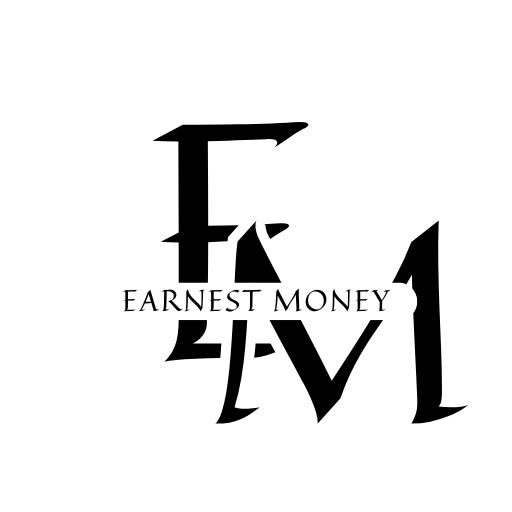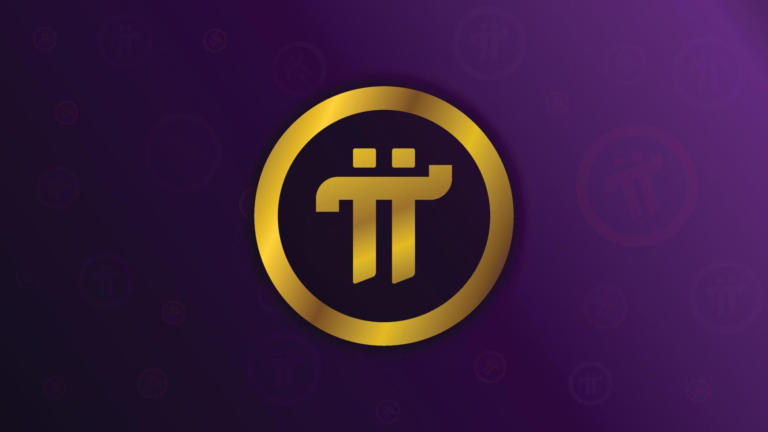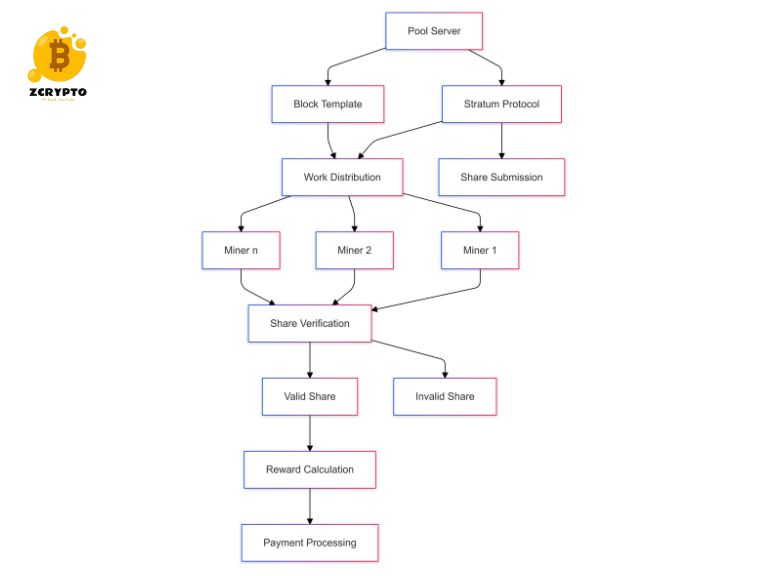What is a Code of Ethics?
Definition and Purpose
A code of ethics is a set of rules or guidelines that define the ethical behavior expected of individuals within an organization or profession. Its primary purpose is to guide professionals in making decisions that align with moral principles and maintain public trust. For instance, the CFA Institute’s Code of Ethics emphasizes the importance of placing clients’ interests above personal interests and avoiding any actions that could compromise their professional integrity.
- Maximize Your Investments: A Comprehensive Guide to Commercial Finance and Business Opportunities
- Understanding Deficits: Impact on Economy, Investment, and Financial Stability
- How Economic Shocks Impact Business Investment and Financial Stability
- Navigating Cyclical Industries: How Economic Cycles Impact Business Value and Investment Strategies
- Understanding Delinquent Account Credit Cards: Impact on Credit Scores and Recovery Strategies
Types of Codes of Ethics
There are several types of codes of ethics:
Bạn đang xem: Unlocking Integrity: The Ultimate Guide to Codes of Ethics in Finance, Business, and Investment
-
Compliance-based codes: These focus on adhering to legal requirements and regulatory standards. For example, banking institutions have strict compliance-based codes to ensure they operate within legal boundaries.
-
Value-based codes: These emphasize core values such as respect, fairness, and honesty. Companies like Google have value-based codes that reflect their corporate culture.
-
Professional codes: These are specific to certain professions and outline the ethical standards expected from practitioners. The American Medical Association’s Code of Medical Ethics is a prime example.
Key Principles of Codes of Ethics
Integrity and Objectivity
Integrity and objectivity are foundational principles in any code of ethics. In the accounting profession, for instance, integrity means being truthful and transparent in financial reporting. Objectivity requires accountants to remain unbiased and impartial in their judgments. These principles are equally crucial in financial and investment practices where accurate and unbiased information is essential for making informed decisions.
Professional Competence and Confidentiality
Xem thêm : Dependent Care Benefits: Meaning, How it Works, and Tax Advantages
Professional competence ensures that individuals possess the necessary skills and knowledge to perform their duties effectively. Ongoing education and training are essential for maintaining professional standards. For example, financial advisors must stay updated on market trends and regulatory changes to provide competent advice.
Confidentiality is another critical principle, particularly in financial services where sensitive client information is involved. Breaching confidentiality can lead to severe consequences, including legal action.
Conflict of Interest and Disclosure
Handling conflicts of interest ethically is paramount. Professionals must avoid situations where their personal interests could influence their professional judgments. Full disclosure is necessary when conflicts arise; this ensures transparency and maintains trust between clients and professionals. The CFA Institute’s Code of Ethics mandates full disclosure of any potential conflicts of interest.
Industry-Specific Codes of Ethics
Financial and Investment Industry
The CFA Institute’s Code of Ethics is a benchmark for financial analysts worldwide. It emphasizes duties to clients, employers, and the profession as a whole. Raymond James’s Code of Business Conduct and Ethics is another example; it focuses on compliance with securities laws and ethical handling of conflicts of interest.
Banking and Finance
In banking and finance, compliance-based codes are prevalent due to stringent regulatory requirements. Compliance officers play a crucial role in ensuring that banks operate within these legal frameworks. For instance, the Bank Secrecy Act in the U.S. mandates banks to report suspicious transactions to prevent money laundering.
Public Sector and Government
The Department of Finance Code of Conduct in Canada highlights the importance of preventing conflicts of interest and upholding public service values. Government officials are expected to act with integrity, impartiality, and transparency in their duties.
Enforcement and Compliance
Monitoring and Reporting
Xem thêm : Unlocking the Euromarket: A Comprehensive Guide to Global Finance and Investment Opportunities
Compliance is monitored through various mechanisms such as compliance officers who oversee adherence to the code of ethics, audit committees that review financial statements for accuracy, and internal reporting systems that allow employees to report violations anonymously.
Disciplinary Actions
Violations of a code of ethics can result in severe disciplinary actions including termination of employment, fines, or even legal prosecution depending on the severity of the breach.
Benefits and Impact
Long-Term Benefits
Ethical conduct has long-term benefits for organizations and society at large. It aligns with the triple bottom line theory, which considers not just financial performance but also social responsibility and environmental sustainability. Ethical companies tend to have better reputations, higher employee morale, and stronger customer loyalty.
Stakeholder Expectations
Socially responsible customers, employees, and investors expect high ethical standards from companies they engage with. Companies that adhere to strong codes of ethics often see increased trust from stakeholders which can lead to better business outcomes.
Case Studies and Examples
Several companies have successfully implemented codes of ethics that have positively impacted their operations:
-
Johnson & Johnson: Known for its robust code of ethics known as “Our Credo,” Johnson & Johnson has consistently demonstrated ethical leadership during crises such as the Tylenol tampering incident.
-
Patagonia: This outdoor apparel company has a strong commitment to environmental responsibility which is reflected in its code of ethics. This commitment has earned it a loyal customer base who value its ethical stance.
Nguồn: https://earnestmoney.skin
Danh mục: Blog


















